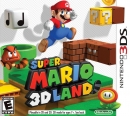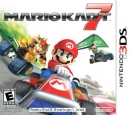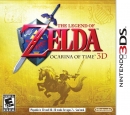In the time that retro console plug-and-play re-releases (NES Classic, SNES Classic, Genesis Mini, etc) are becoming all the rage, how do you personally believe their sales numbers should be counted?
The way I see it, there are three schools of thought.
(1) Added to their original console's sales - after all, while it is very different hardware, it is an official release from the same company, designed to play only games from that specific console, and to play them the same way as when first released.
(2) Considered separate, but related - ie, "SNES Family". SNES at 49.1m, SNES Classic at (as of last report that I'm aware of) 5.28m, for a SNES family total of 54.29m.
(3) Entirely separate. They may be playing similar software, but they're different systems and numbers shouldn't count any more than Wii systems bought for Virtual Console would count, either.
Furthermore, how would you consider software sales here? They're plug-and-play consoles, which means they (by design) can't have additional software added, and all games that are intended to be played with them come with the hardware purchase, so that certainly muddies the water, but after all, Super Mario Bros. numbers were counted with each NES console with which they were packed. Why wouldn't you, therefore, count these as well?
This is a discussion that likely happened a few years ago with the announcement of the NES Classic, but it's been a while and I'm curious what today's opinions are.
![]() SW-5120-1900-6153
SW-5120-1900-6153


























































